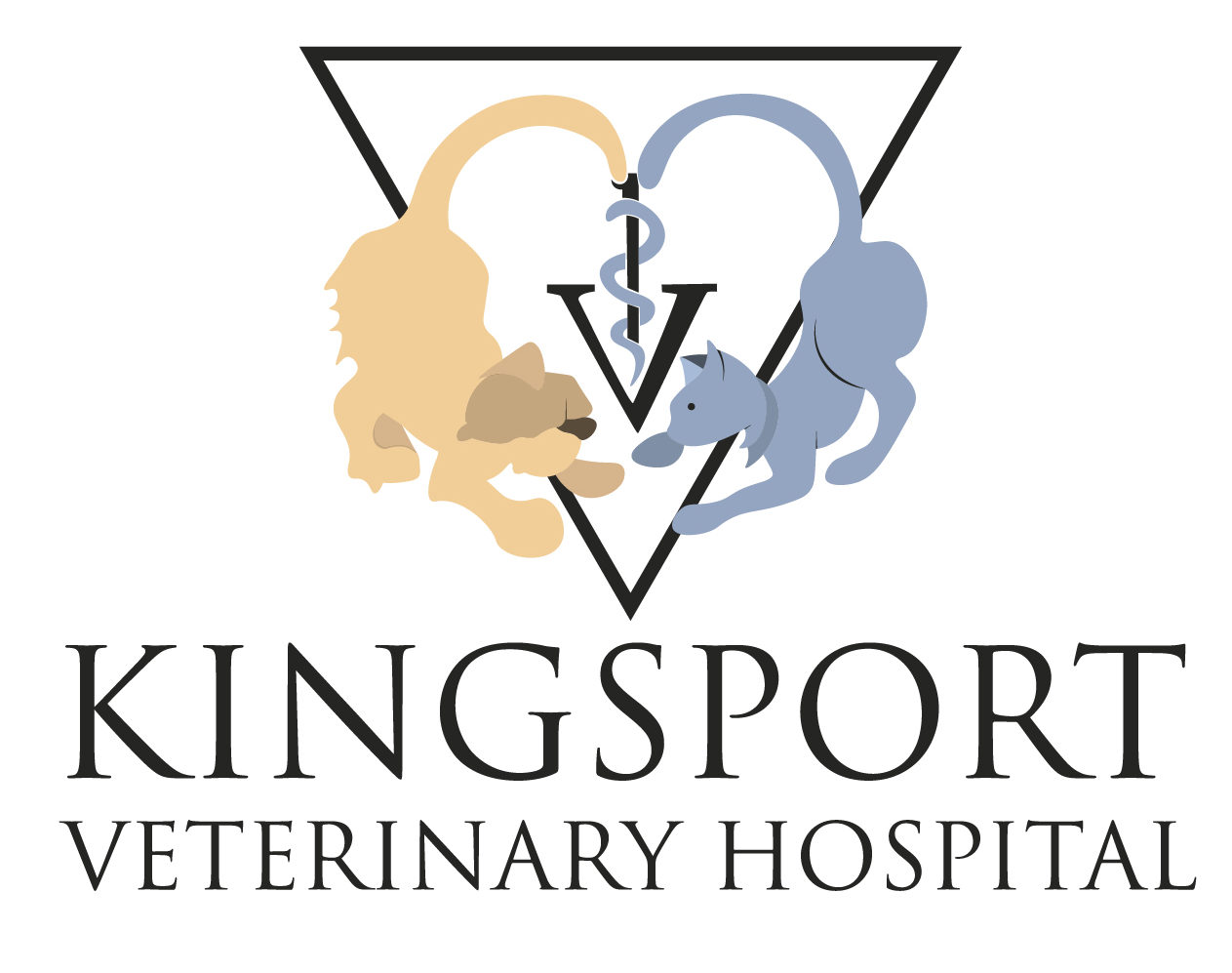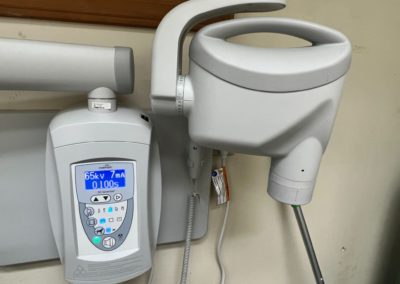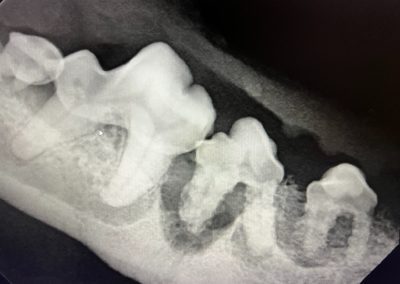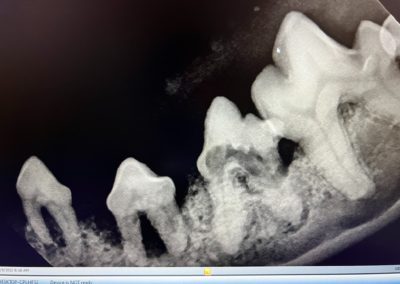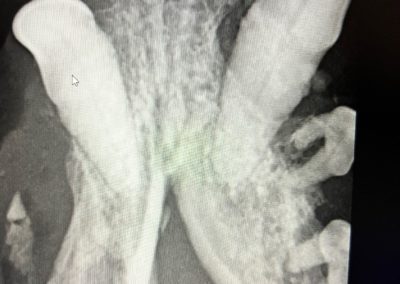Veterinary Services
Pet Dentistry in Kingsport, TN
Just as it’s important for you to see a dentist regularly, it’s important for dogs and cats as well! Learn more below.
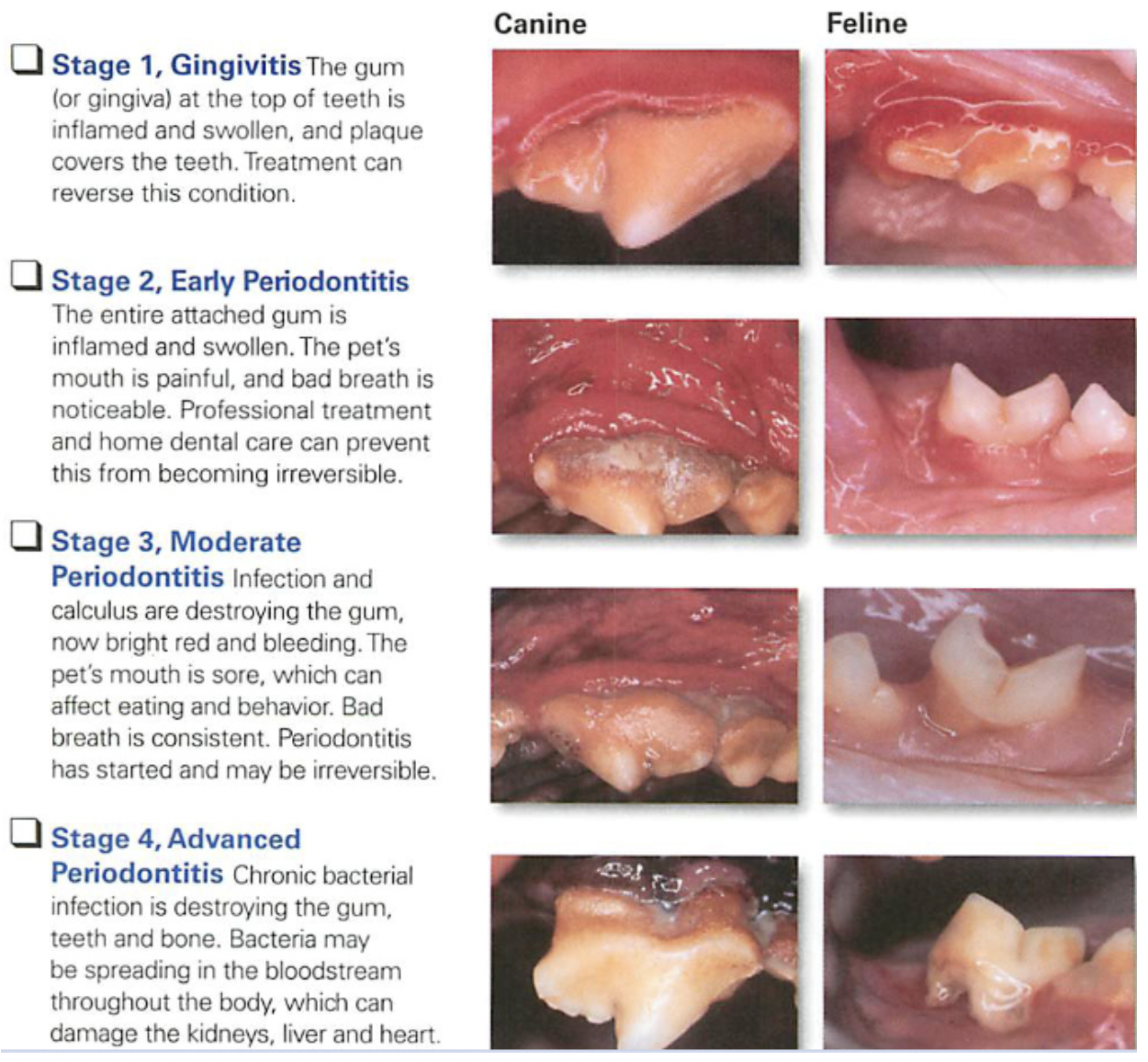
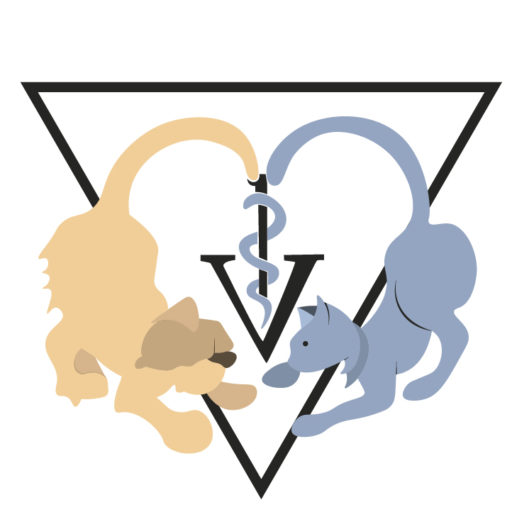
Veterinary Services
Pet Dentistry at Kingsport Veterinary Hospital.
In the interest of optimum health, we are providing a dental care program to help ensure our patients will avoid common dental problems. Residues often build up on the teeth of many pets. The rate at which this buildup occurs depends on many factors, including the breed, jaw structure, type of food eaten, and dental home care by the owner. Thus, some dogs and cats are more prone to this problem than others. Nevertheless, well over half of the pet population is prone to develop tooth and gum disease by the time they are a few years old.
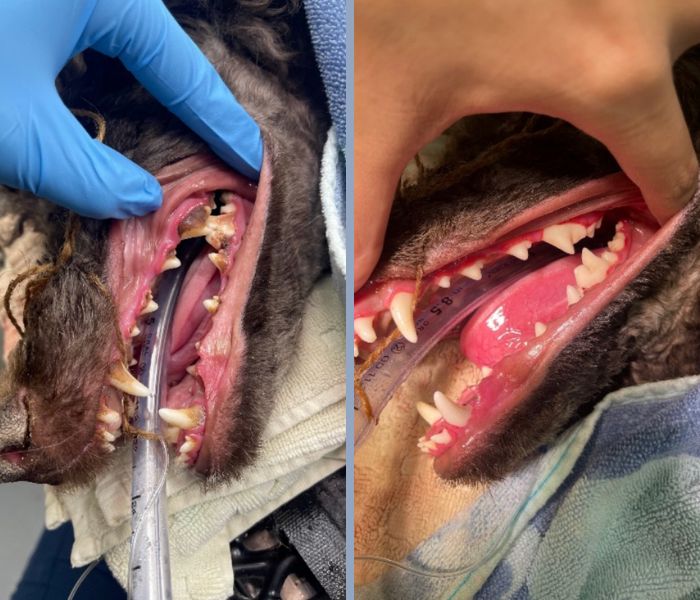
Pet Dentistry
The staff at Kingsport Veterinary Hospital is genuinely interested in maximizing the companionship you have with your pet by helping you avoid preventable health problems. Here are some simple measures you can follow to keep your pet’s teeth in good condition.
1. Visual Inspection: First, check the mouth (some dogs are a little head-shy, and this may take a little patience on your part). Gently fold back the lips and look at the teeth and gums. Ideally, the teeth should be ivory or light-tan colored, and the teeth should be smooth and shiny. The gums should be a nice pink color and free of any areas of localized redness or swelling. If the dog or cat has tartar or plaque buildup, you will notice it as tan or brownish debris accumulating on the teeth where they meet the gum line. It is most noticeable on the “cheek teeth,” the larger teeth along the sides of the jaw.
2. Foul Odor: Dogs with tartar or plaque buildup commonly have a foul odor to their breath. This is from the effects of the bacteria feeding on the plaque that builds up on the teeth. This infection can spread to the gums, causing irritation (gingivitis). If you suspect any of the conditions noted above, it is best for your pet to have the teeth cleaned and treated. Please call our hospital. We will be happy to answer any questions you have.
3. Time for the toothbrush! Brushing your pet’s teeth? Yes! In many cases, it will help. Dogs and cats can benefit when you brush their teeth daily with an approved veterinary dentifrice (tooth cleansing solution).
These tips are offered as a service to you, our valued client.
If you’d like to make an appointment for a cleaning and polishing, please call us or click here to set up an appointment.
Stage 1
Low to mild tartar, no infected-looking gums or serious defects apparent, We recommend just a routine dental (teeth) cleaning and polishing and routine Dental x-rays. May have 1-2 teeth that may need to be extracted.
Stage 1-2
Mild tartar, no apparent defects. Has about two or more teeth that look like they may need to be surgically extracted. We recommend a dental (teeth) cleaning, X-rays, and surgical extractions if indicated as soon as you can get in for a dental procedure.
Stage 2-3
Moderate tartar, 3-8 or more suspicious teeth, gingival redness. We recommend a dental (teeth) cleaning, x-rays, and surgical extractions if indicated as soon as you can get in for a dental procedure.
Stage 4
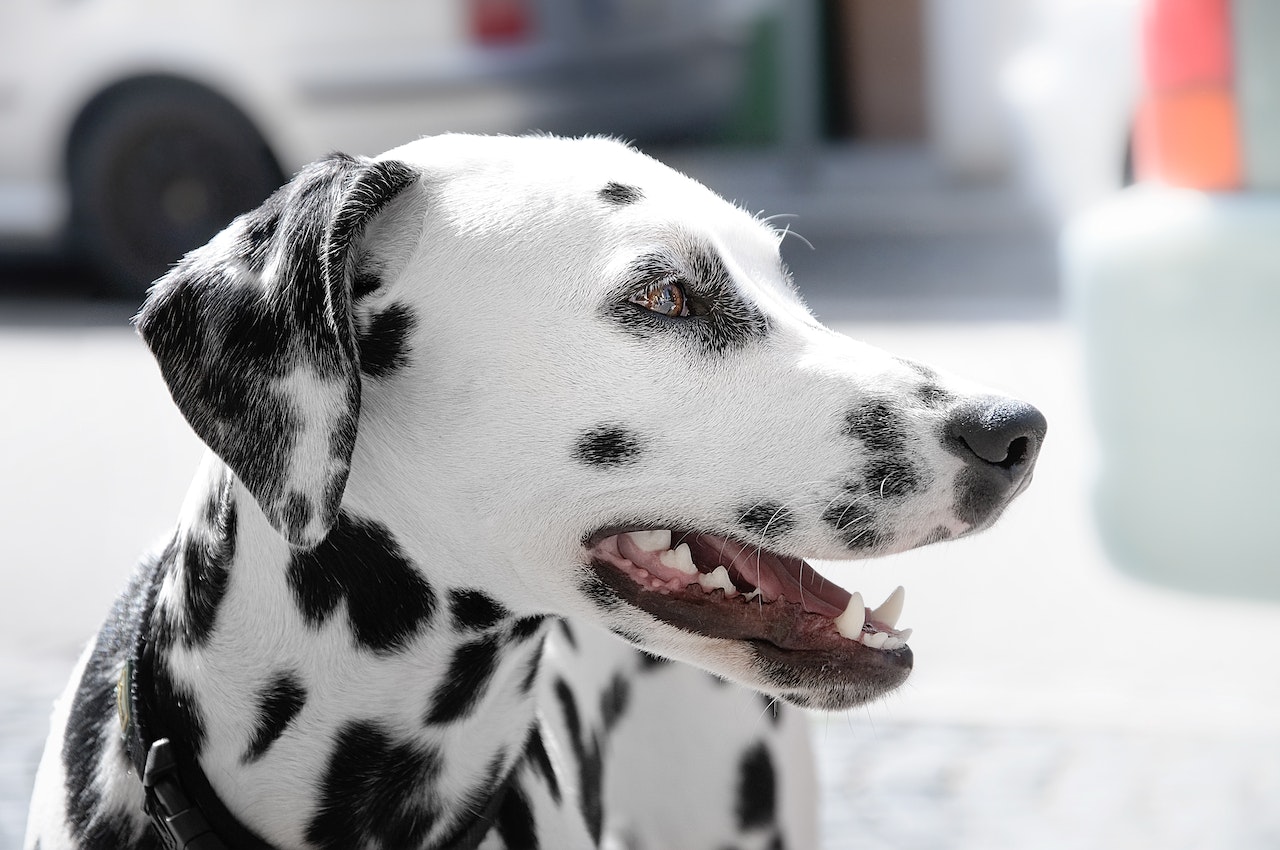
Common abnormalities we look for
- Has broken teeth
- Has purulent discharge from gingiva surrounding tooth/teeth
- Has visible furcation
- Has loose teeth
- Has severe gingivitis
- Has missing teeth
